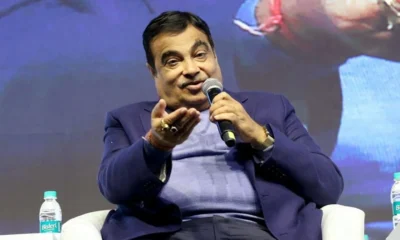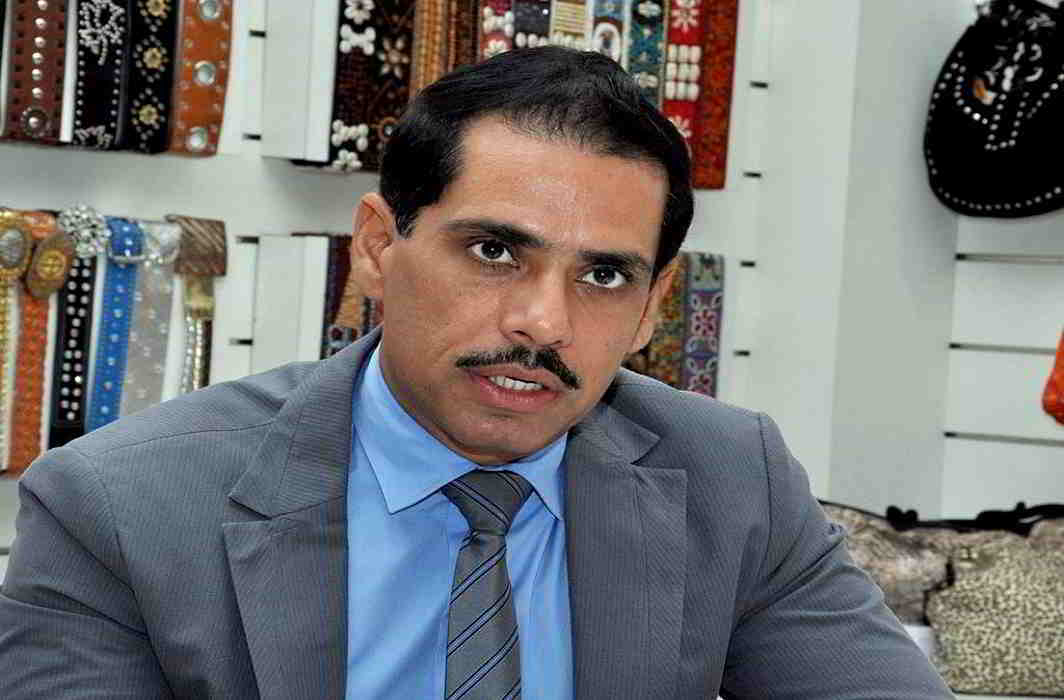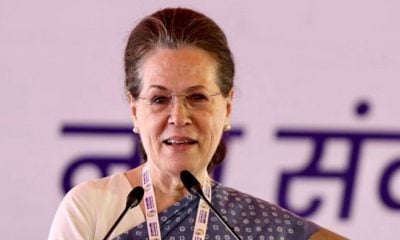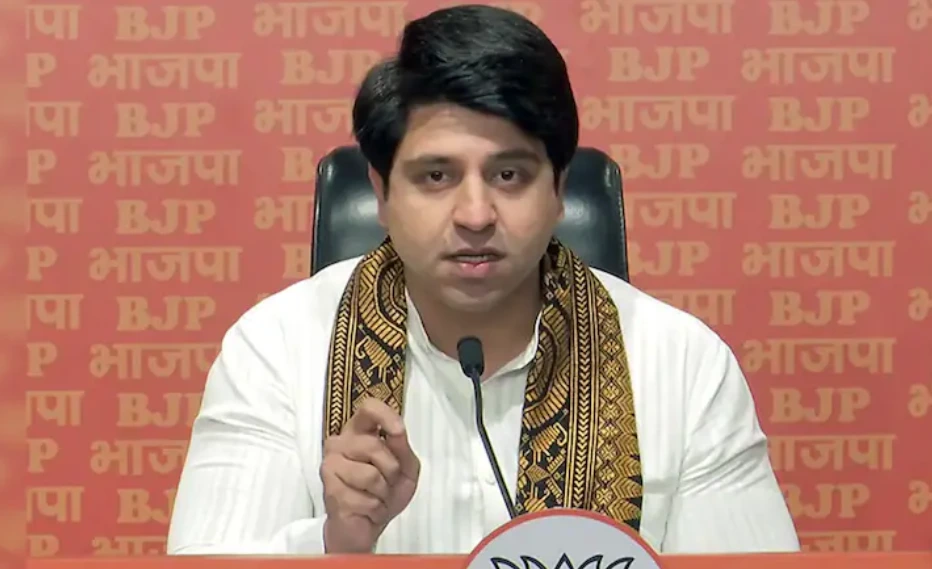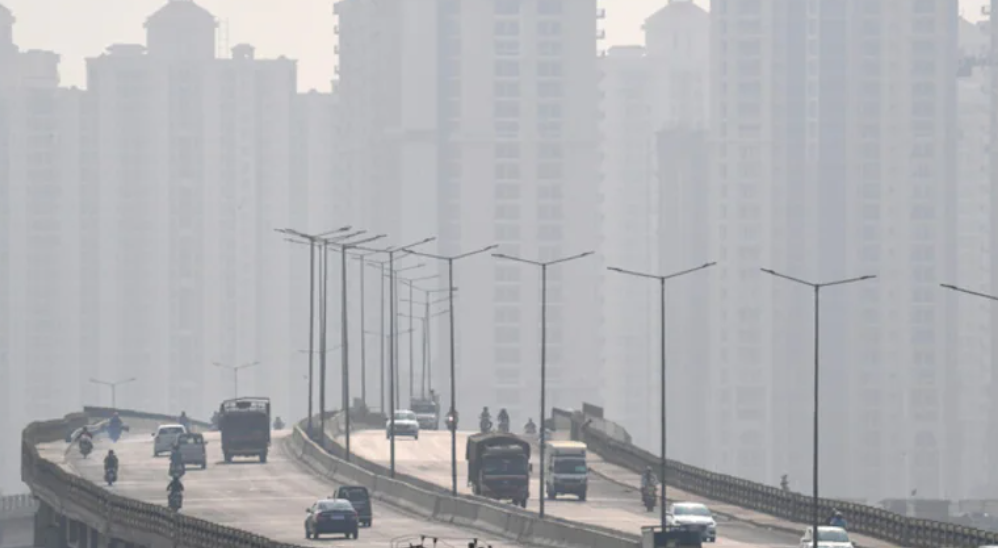The Congress on Sunday asserted that India was facing a demand crisis due to sustained income stagnation. It said the double engine of private investment and mass consumption, which drove a decade of continuous GDP growth under the UPA government, has been derailed during the past ten years of Prime Minister Narendra Modi’s government.
Jairam Ramesh, Congress general secretary in charge of communications, urged the government to adopt the Congress’s proposals, which include increasing MGNREGA wages to a minimum of Rs. 400 per day, ensuring a minimum support price (MSP) for farmers, implementing a loan waiver for farmers, and establishing a monthly income support scheme for women—steps he believes are essential to revive income growth in rural India.
Ramesh emphasised that the deterioration of India’s consumption patterns is becoming increasingly evident each day. He pointed out that last week, several CEOs from India’s corporate sector expressed concerns about a ‘shrinking’ middle class, and recent data from the NABARD’s All India Rural Financial Inclusion Survey (NAFIS) 2021-22 corroborates the claim that the demand crisis in India stems from income stagnation.
According to the survey, Ramesh highlighted that the average monthly household income ranges from Rs 12,698 to Rs 13,661 for agricultural households and approximately Rs 11,438 for non-agricultural households. “Assuming an average household size of 4.4, the per capita income in rural areas is estimated at Rs. 2,886 per month—less than Rs 100 a day. Consequently, a significant majority of Indians have very limited funds for discretionary spending beyond basic necessities,” he stated.
“This situation is hardly an isolated case; virtually all evidence leads to the same alarming conclusion: the average Indian can afford to buy less today than they could a decade ago. This is the fundamental reason behind India’s consumption slowdown,” Ramesh argued.
He cited data from the Labour Bureau’s Wage Rate Index, showing that real wages for labourers have stagnated between 2014 and 2023 and have even declined from 2019 to 2024. Furthermore, he referenced the Ministry of Agriculture’s statistics, stating that during Dr Manmohan Singh’s tenure, real wages for agricultural labourers grew by 6.8 per cent annually, whereas, under Modi, these wages have decreased by an annual rate of -1.3 per cent.
Ramesh also referred to the Periodic Labour Force Survey data, indicating that real earnings across all employment types—salaried, casual, and self-employed—have stagnated between 2017 and 2022. He included findings from the Centre for Labour Research and Action, asserting that the real wages of brick kiln workers have either stagnated or declined from 2014 to 2022.
“This decline in consumption is undermining our medium- and long-term economic potential, regardless of what quarterly GDP figures may indicate,” he maintained. He contended that without significant growth in consumption to create a viable market for their products, the private sector would be hesitant to invest in expanding production.
Ramesh pointed out that the government’s own Economic Survey (2024) acknowledged that private sector gross fixed capital formation (GFCF) in machinery, equipment, and intellectual property products has only increased by 35 per cent cumulatively over the four years leading to FY23. He noted a further decline in new project announcements by the private sector, which fell by 21 per cent between FY23 and FY24.
Recently, the Confederation of Indian Industry, the leading industry association, suggested that the government increase MGNREGA wages by 40 per cent, raise payments under the PM-KISAN scheme by one-third, and issue “consumption vouchers” for low-income citizens to use on specific goods and services over a six- to eight-month period.
Ramesh stated that these recommendations align with the proposals of the Indian National Congress outlined in its Nyay Patra for the 2024 Lok Sabha elections. These include raising MGNREGA wages to a minimum of Rs. 400 per day, ensuring MSP for farmers, providing a loan waiver for farmers, and establishing a monthly income support scheme for women. Ramesh called on the government to embrace these proposals to spur income growth in rural India after years of stagnation.
He reiterated that the dual forces of private investment and mass consumption that fueled the Congress-led UPA’s era of sustained GDP growth have been sidelined in the past ten years under the “non-biological PM.”
He emphasised it is time to restore this balance. Last week, the Congress also accused the government of deliberately undermining Micro, Small, and Medium Enterprises (MSMEs) through “careless policymaking, a disastrous demonetization, a flawed GST rollout, and an unplanned lockdown due to Covid-19,” attributing part of the departure from labour-intensive growth to these actions.
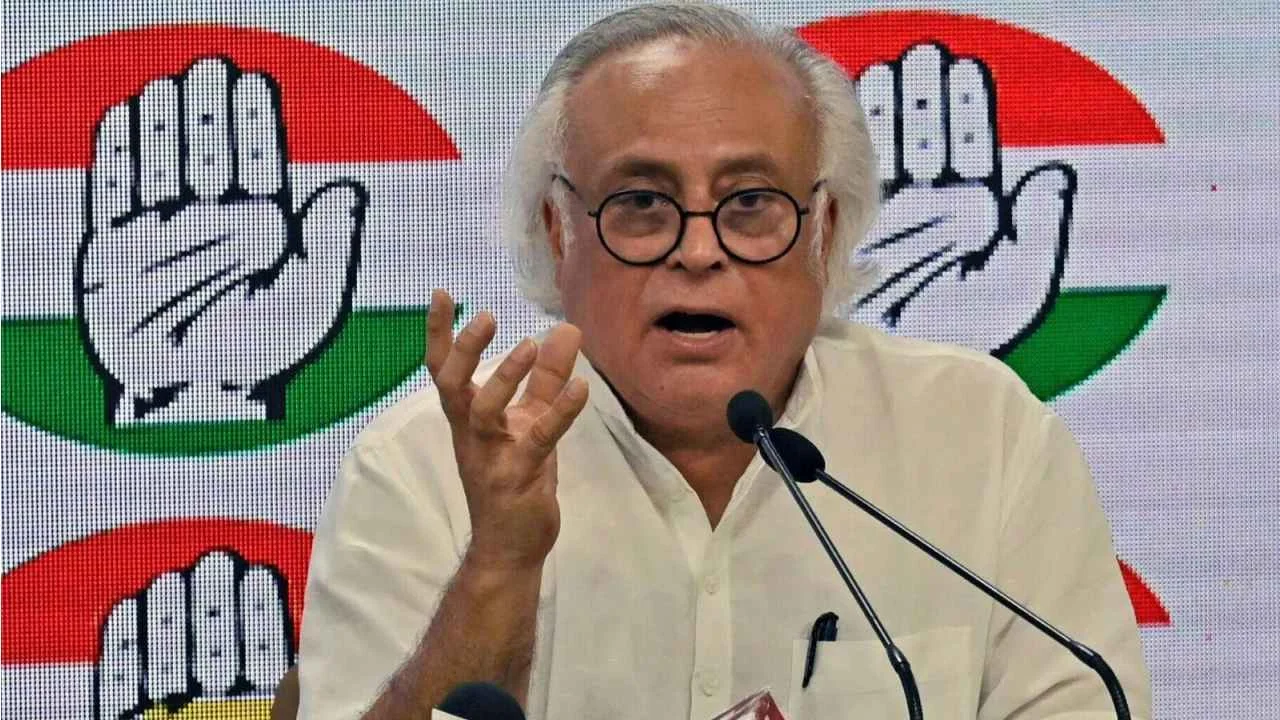

 India News9 hours ago
India News9 hours ago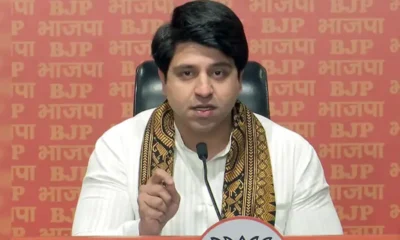
 India News9 hours ago
India News9 hours ago
 Latest world news9 hours ago
Latest world news9 hours ago
 India News9 hours ago
India News9 hours ago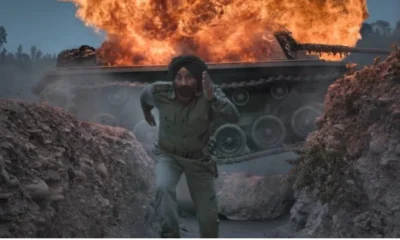
 Entertainment5 hours ago
Entertainment5 hours ago
 India News2 hours ago
India News2 hours ago




